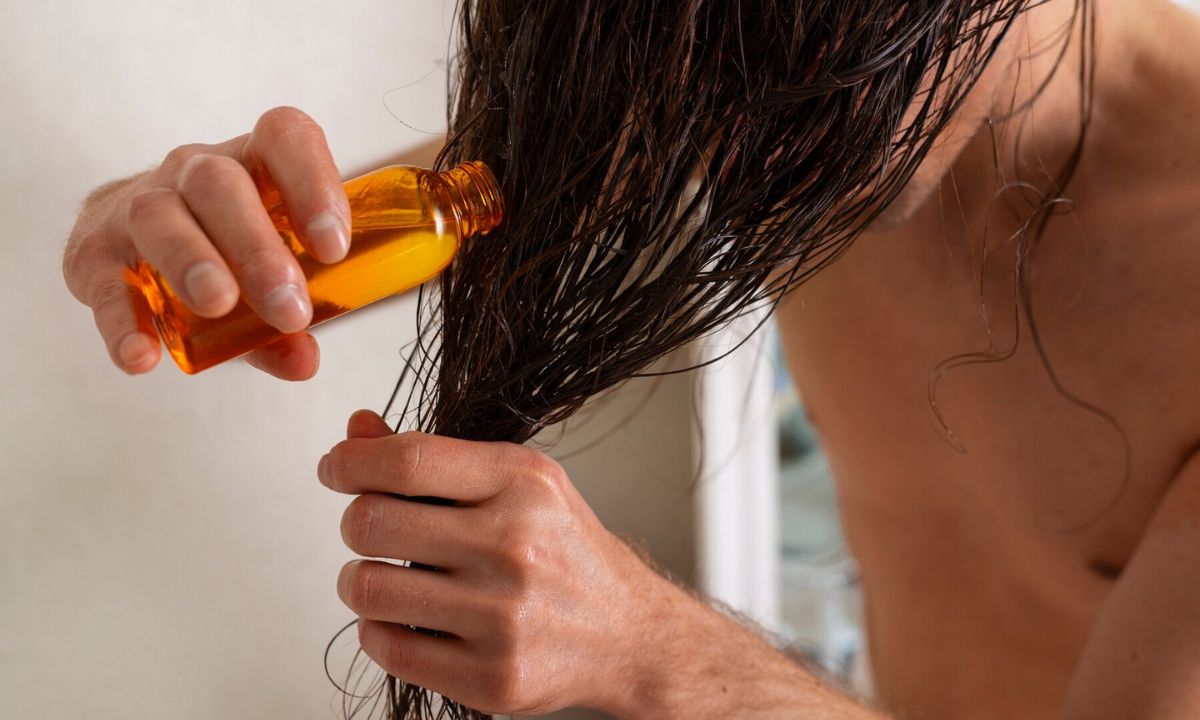When we think about taking care of our skin, we often focus on the face, hands, and other exposed areas. But did you know that your scalp, which is technically part of your skin, can have a big impact on your overall skin health? Yep, your scalp is actually an extension of the skin on your body, and keeping it healthy can affect everything from your hair to your complexion.
What Happens When Scalp Health Goes Bad?
Just like the rest of your skin, your scalp can experience problems like dryness, irritation, and even infection. These issues can be pretty uncomfortable and can also have a domino effect on other areas of your skin. For example, if you have dandruff or seborrheic dermatitis (which causes flaky, scaly patches on your scalp), those same issues can show up on your face or other parts of your body. It’s like when one part of your skin gets irritated, and it spreads to other places that are close by.
You might not know this, but your scalp has its own little ecosystem called a microbiome, which is a collection of bacteria and fungi that naturally live there. This microbiome is essential for keeping your scalp healthy and balanced. When the balance of these microbes gets disrupted, whether by stress, poor diet, or certain products, it can lead to problems like dandruff, seborrheic dermatitis, or atopic dermatitis (commonly known as eczema).
For example, an overgrowth of yeast on the scalp can lead to dandruff and itching. If your scalp microbiome is out of balance, it can also cause your skin to react with irritation, redness, or even breakouts along your hairline or forehead. So yes, if your scalp is unhappy, your skin can be too.
More Details
Sometimes, scalp irritation is a sign that you’re allergic to something in your hair products. If you’ve recently changed shampoos, conditioners, or styling products and noticed more scalp flaking or itching, it might be the cause. Ingredients like sulfates, fragrances, or even essential oils can irritate the scalp and cause inflammation, which can affect the skin around your hairline, ears, and neck.
If your scalp irritation doesn’t improve after switching to more gentle products, it’s a good idea to speak with a dermatologist. Conditions like psoriasis, which causes scaly, red patches, or infections like fungal scalp infections, could be behind the discomfort. So, even though it may seem like just a scalp issue, it can affect your skin and overall well-being, so don’t ignore it.
Also Read: Not Double Cleansing Hair Might Be The Reason Behind A Crusty Scalp, Here’s Why
Another thing to consider is that thick or long hair can sometimes hide problems on your scalp, especially around your ears or at the nape of your neck. You might not notice irritation or dandruff if it’s covered up by your hair. But if you experience itching, redness, or bumps around your scalp, it might be a sign that something needs attention. Also, make sure to wash your hair regularly to keep your scalp clean and free of buildup, which can lead to issues down the road.
Your scalp is more connected to your skin than you might think. If your scalp is inflamed or irritated, it can also cause problems for the skin on your face and body.
Also Read: Can Your Dirty, Greasy Hair In Winter Give You A Sore Scalp? Here’s What We Know

